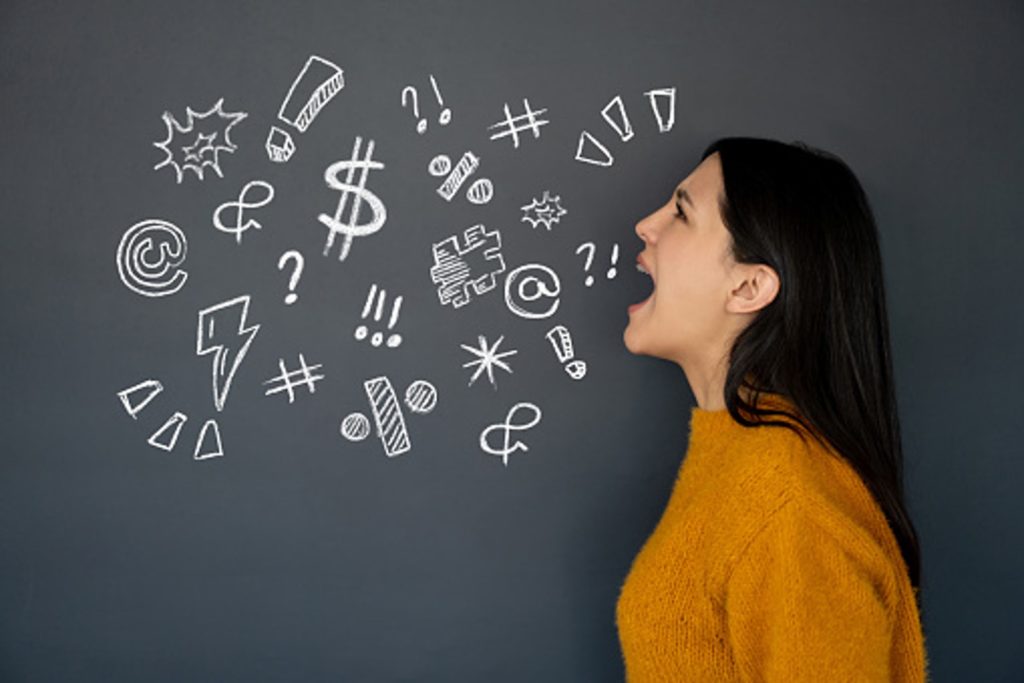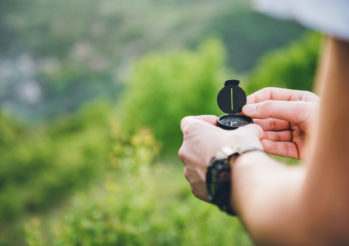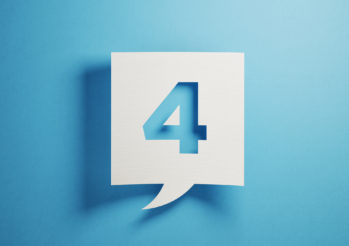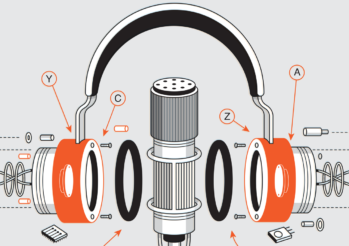Swearing, sex, drugs, and guns – not to mention politics – are all red flags flying over more content produced by podcasters. Which shows are considered “brand safe” has become one of the biggest focuses of advertisers in 2021. Ad Results Media CEO Marshall Williams says nothing is more critical than letting advertisers know what they could be in for. So his audio and podcast advertising agency is working to create what amounts to an early warning system.
“We’re not judging or grading, this is an awareness index,” said Williams. “Because as you start to get into this space you realize there is a lot of salty content – the client just needs to be aware of it,” he told the recent Podcast Movement conference.

Ad Results Media will do that by converting audio to text, which allows it to more easily filter content. It will then sort shows for keywords and the number of times they are used in an episode. It will be able to let the marketer considering placing an order whether there is a passing f-word in a show or sea of expletives surrounding their ad.
“I don’t want to police the content. All I want to do is alert the advertiser to what they’re getting into,” said Williams. He conceded that while profanity, adult content, comedy, and sexuality may be easier to track by keyword searchers, it will take a bit more work to help clients stay away from political topics they are trying to avoid.
“If you are talking about a political show that gets a lot of fallout because it has a strong right or left opinion, it is difficult to quantify that,” said Williams. “So you use a tool that could be updated on a regular basis for certain words that might be used in a political context.”
Ad Results Media has placed more than $2 billion worth of audio buys during the past two decades and Williams has become one of the loudest advocates for audio in the ad community. He said their aim isn’t to “screw up” podcasting, but simply alert advertisers of what they’re getting into.
Higher Risk, Higher Reward
Deirdre Lester, Chief Revenue Officer at Barstool Sports, lives with issues of brand safety on a daily basis. Their lineup of 60 shows is built around pushing limits. “It’s unfiltered and that is why our audience loves us. We talk to them the way they talk to one another.”
But that means Lester has “a lot” of brand safety conversations with ad buyers. While they have been able to bring brands like Pepsi, Kraft Heinz, and Molson Coors onboard, others like Procter & Gamble and Unilever do not buy their shows. She said that her question to marketers is around what level of risk they are willing to tolerate, recognizing that with higher risk comes great reward.
“If you’re trying to grow a brand, sell a product or disrupt an industry, you are going to have to get comfortable with being in environments that aren’t squeaky clean like white space,” said Lester.
She pointed to High Noon Hard Seltzer that has built its brand largely on Barstool shows during the past two years, growing to sell a million cases per month. “They’re not evaluating every word somebody is saying or how many times somebody says f**k in a podcast,” said Lester.
Is Race A Factor?
The sex e-retailer Adam & Eve “had a lot of success” as a sponsor of Call Her Daddy before it the show moved to Spotify, according to Lester. Now Spotify won’t accept their advertising, “Unilever is not coming to sponsor that show, but it is one of the biggest juggernauts in the podcasting space,” she said.
Call Her Daddy was Barstool’s top-billing podcast before it left, attracting lots of advertiser interest. But the Black Effect Podcast Network show Whoreible Decisions has not had the same success bringing advertisers onboard. It also features women talking about sex.
“I’ve seen podcasts that we all know and love hosted by white women who are getting huge deals with other podcast networks and they’re getting advertisers and endorsements,” said Black Effect founder Charlamagne tha God. “I don’t know if it’s the area that we are in, or if it’s a podcast hosted by two women of color.”
Either way, the focus on brand safety is unlikely to disappear anytime soon, said Lester. “The whole advertising industry is having these conversations all the time,” she said.
—
Link to original Inside Radio article.




